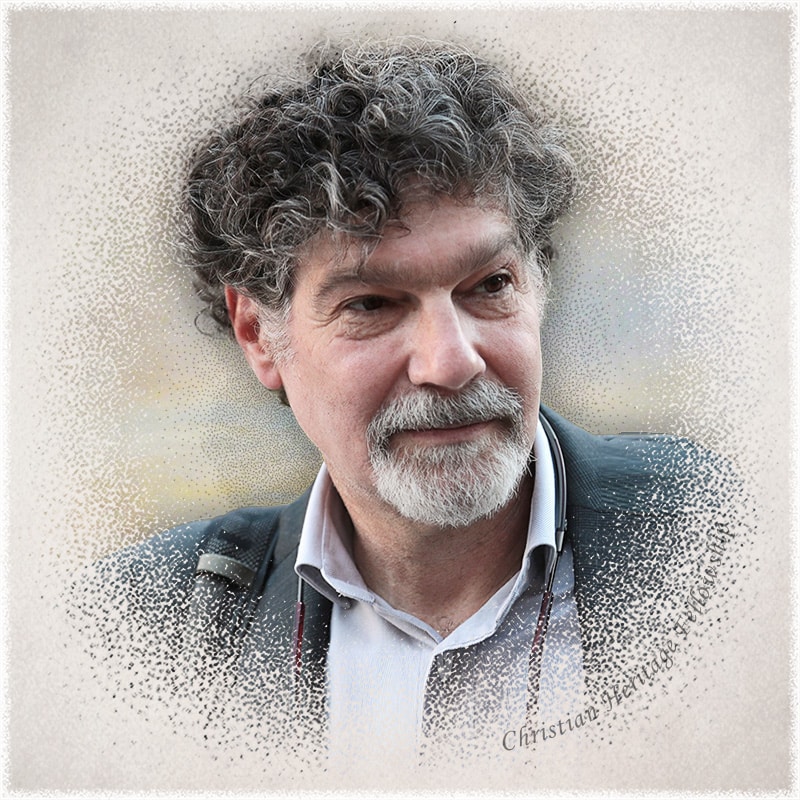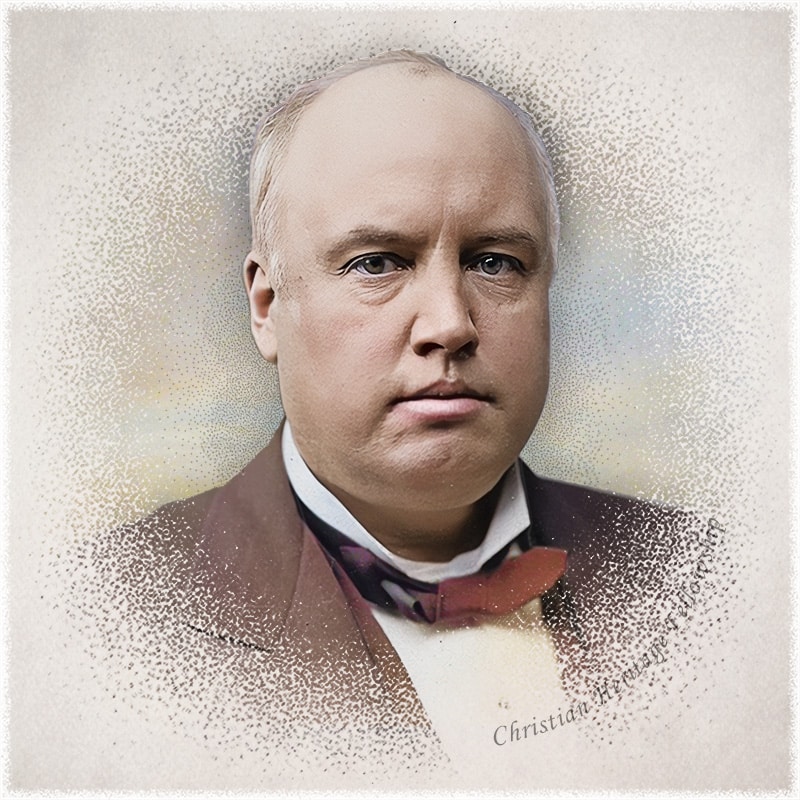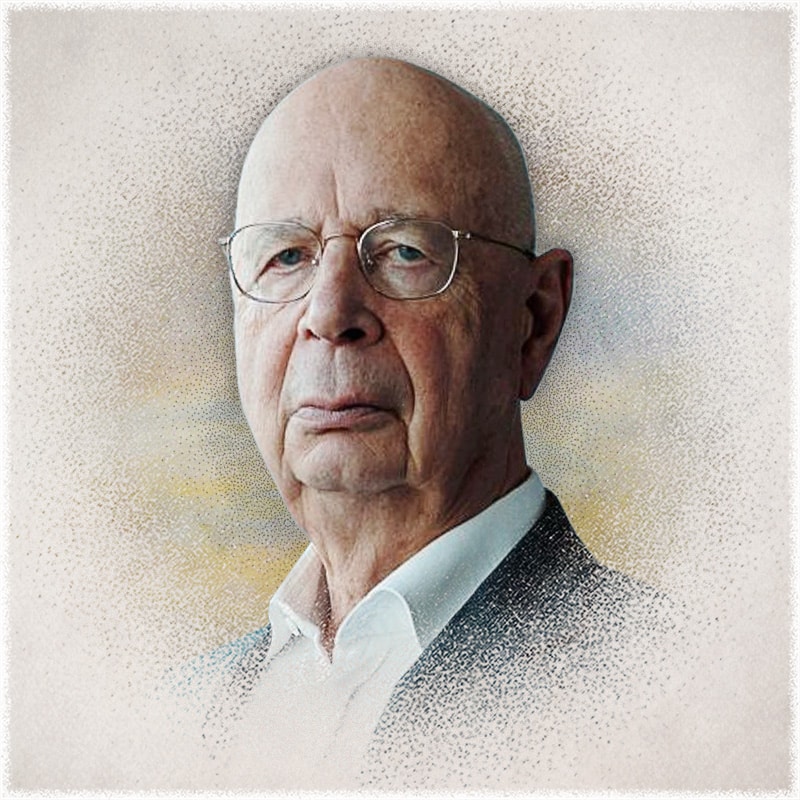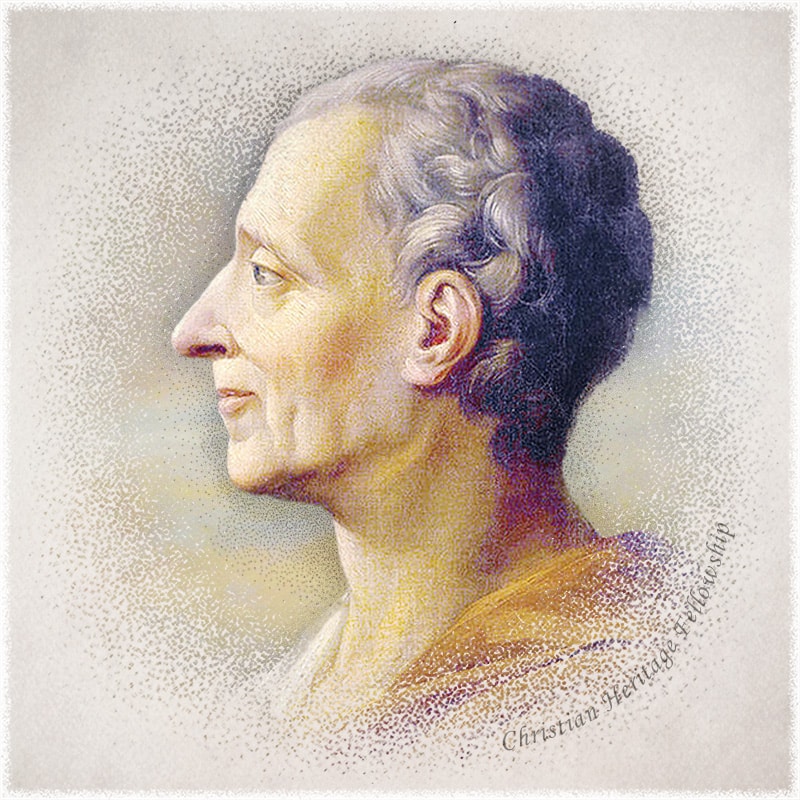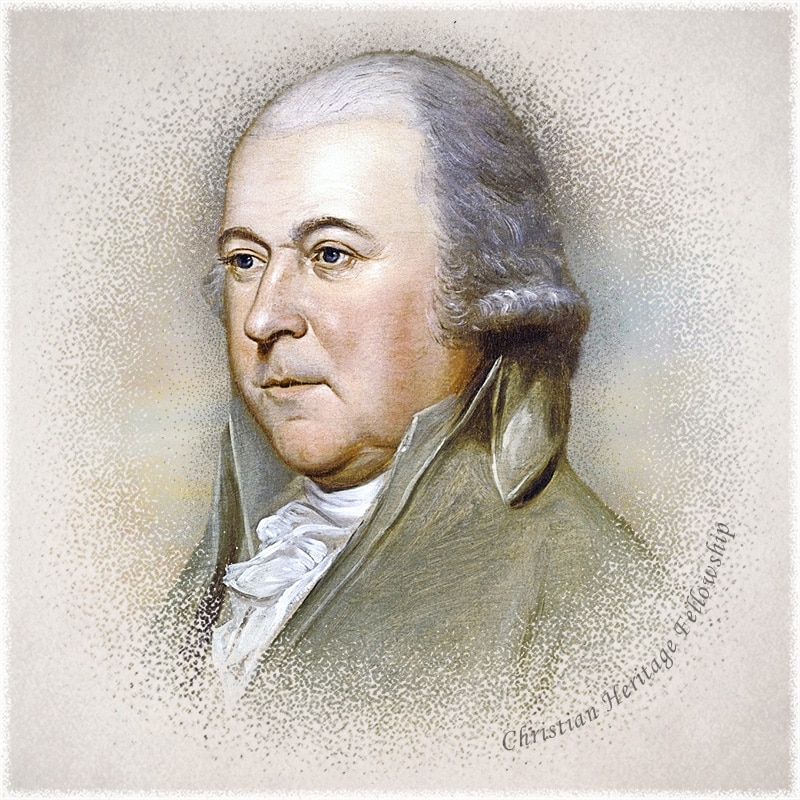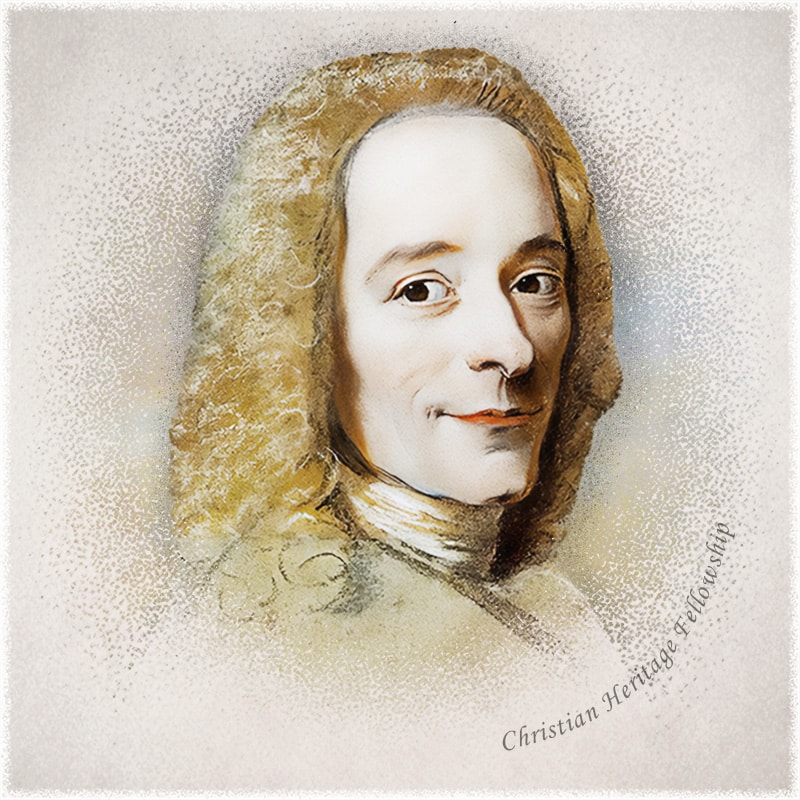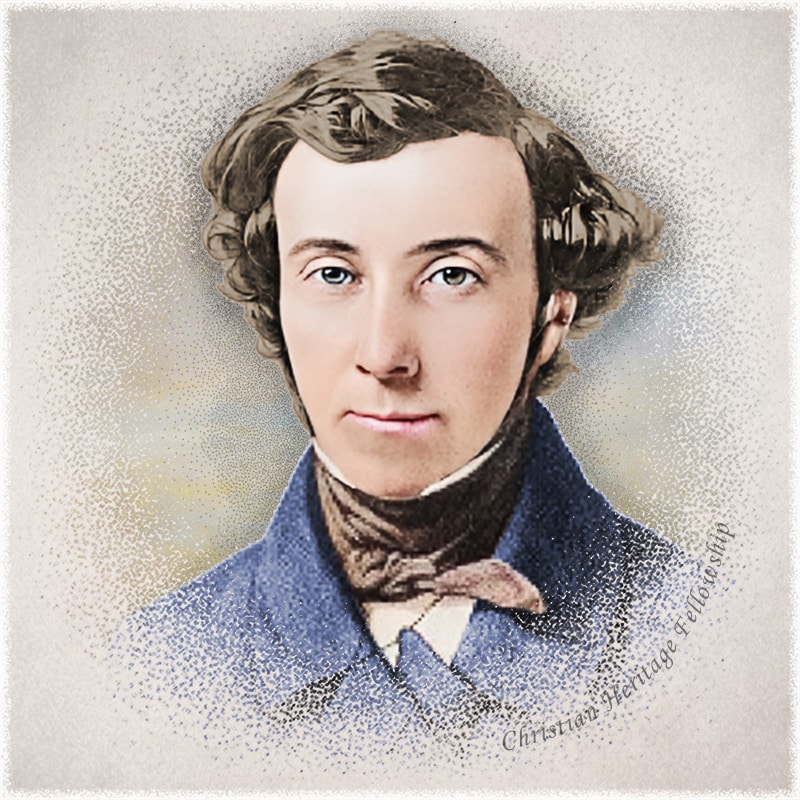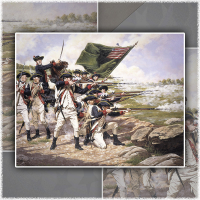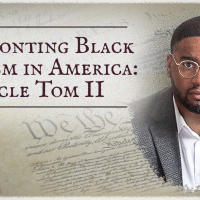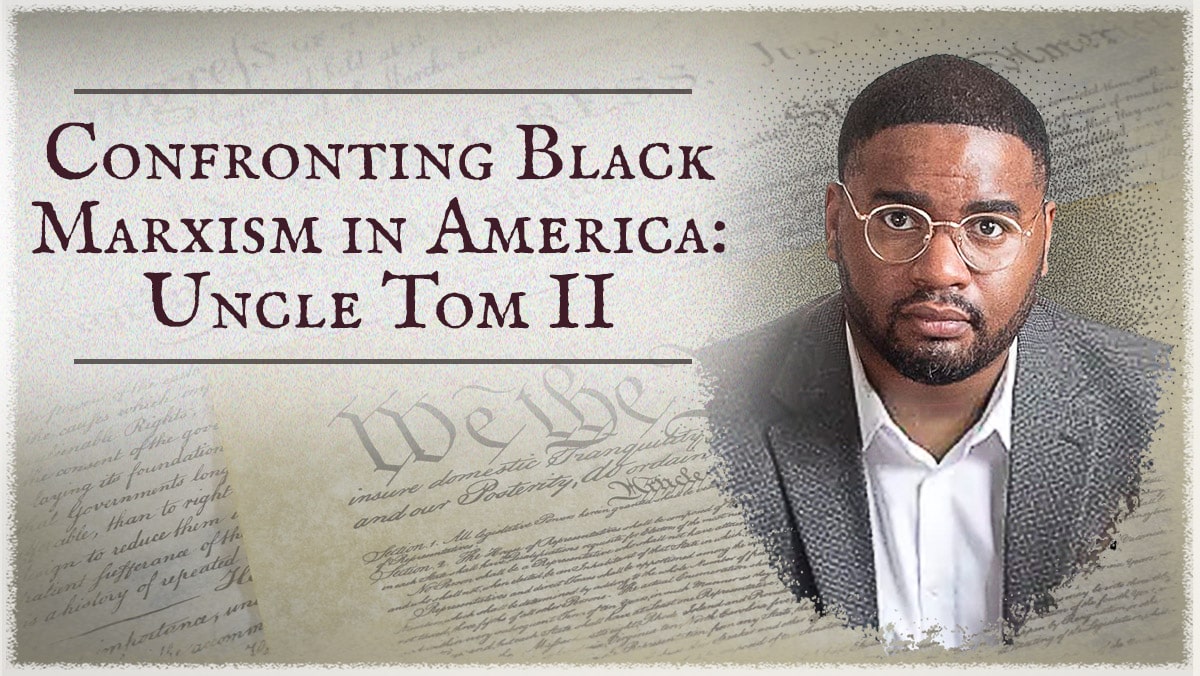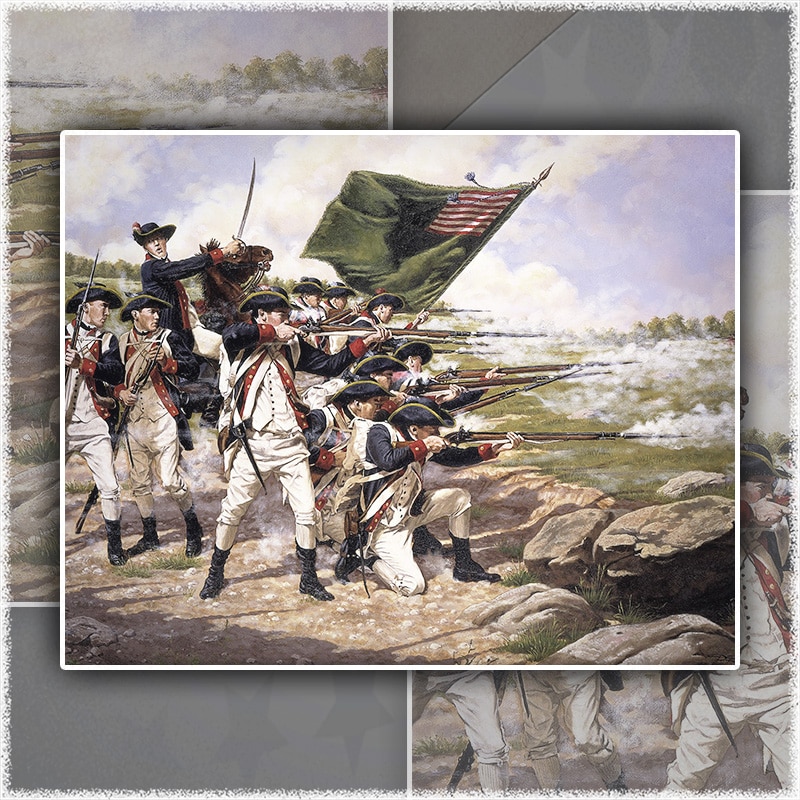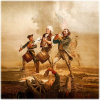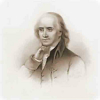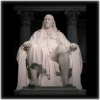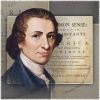The West Has Collapsed!

In February 2024, Tucker Carlson interviewed Dr. Bret Weinstein in his podcast, "Bret Weinstein Exposes the World Health Organization’s Dark Agenda." During the interview, Dr. Weinstein discussed the global efforts of governance—part of which is to be administered through the World Health Organization. As the interview neared its conclusion, Dr. Weinstein vividly described the decadence of the West and poignantly summarized his thoughts saying, "The West has collapsed!"West Has Collapsed
Implicitly, Dr. Weinstein argued that the Greco-Roman and Judeo-Christian cultural and moral values that have characterized the West (Europe and America or non-communist nations) have in essence crumbled. While many have attempted to suggest that America’s Founding Fathers did not intend to graft Christian values into government and American culture, such assertions are mere confessions of ignorance to all who read primary documents relating to America’s origin. Far from exaggerating present reality, Dr. Weinstein perceptively assessed the erosion of Christian values in America when he declared the collapse of the West.West Has Collapsed
American education (including the Church) has dramatically failed to extol the Christian influences that gave rise to the West and particularly the United States. In the late-nineteenth century, the Great Agnostic, Robert Ingersoll—a pastor’s son—rose to prominence denying the Christian origin of America, and this misinformation has only been perpetuated by Marxists from the same era down to the present. Most notably, the Founding Fathers have been charged as "Deists" for more than a century; with such a characterization, the Christian values of the West have been marginalized in academia and American culture in general.
Founded on January 24, 1971, by German engineer and economist, Klaus Schwab, the 1,000-company World Economic Forum (WEF) convenes annually in January in a mountain resort in Davos, Switzerland. Klaus and the members of the World Economic Forum believe a globalized world is best managed by a self-appointed elite coalition of multinational civil society organizations, corporations, and representative government officials. Influenced by godless Marxist ideology, this cadre of usurpers seeks to impose its own will upon the world through initiatives such as the "Great Reset"[1] and the "Global Redesign".[2]
An article posted on the website of the World Economic Forum in 2016 exposed the Marxist intent of the organization which prophesied concerning the economic conditions of the world by 2030.[3] Even more ominous was their post stating, "You’ll own nothing. And you’ll be happy." It is easy to anticipate why the latter post did not remain long on the WEF website.[4] The World Economic Forum is but one of many attempts to advance Marxist communism around the globe.
Having been diluted by Marxist influences throughout the twentieth century, the American Church is ill-prepared to help patriots distinguish between the Marxist global efforts of enslavement characterized by "You will own nothing" with the God-given inalienable rights identified by the Founding Fathers in the Declaration of Independence and Bill of Rights. But the right of property is only one of many values being undermined by self-appointed "controlagarchs". Freedom of speech and the press (if such any longer exists in America) is increasingly suppressed by the charge of "misinformation." Many of the Founding Fathers were descendants of French Protestant Huguenots, men such as George Washington, first Chief Justice John Jay, Paul Revere, et al.; because their ancestors had survived the St. Bartholomew Day Massacre (August 23-24, 1572), they understood how important it was for citizens to be able to hold their government accountable at force of arms—hence, the right to bear arms (not for the purpose of hunting). These and various other rights were regarded by the Founding Fathers as rights granted under the government of God, not privileges bestowed by any human government and were, therefore, called inalienable or unalienable rights.
As a result of the Protestant Reformation, many English and Europeans who migrated to the New World were influenced by the authority of Scripture over Church councils or prelates. In fact, representatives to the First Continental Congress in Philadelphia identified their English colonies as "free Protestant colonies,"[5] for whom the authority of Scripture was supreme. Political scientists have determined that the Bible was the most frequently sited source of influence in the writings of Founding Fathers from 1760 to 1805; French political philosopher Baron Charles Montesquieu ranked a distant second to Scripture.[6]
Referring to Montesquieu’s writings and the differences that arose between Catholics and Protestants concerning the authority of Scripture and the difference in government it produced, Founding Father and Supreme Court Justice, Joseph Story, observed:
Montesquieu[7] has remarked that the Christian religion is a stranger to mere despotic power. The mildness so frequently recommended in the gospel is incompatible with the despotic rage with which a prince punishes his subjects and exercises himself in cruelty. He has gone even further and affirmed that the Protestant religion is far more congenial with the true spirit of political freedom than the Catholic.[8]
Often, those attempting to deny America’s Christian heritage point to Thomas Paine as proof of their thesis. But what they fail to realize is that the Thomas Paine who penned two famous works in defense of American independence was not the same Thomas Paine who was later imbued with the ideas that fueled the French Revolution. Although the same man, the early Thomas Paine of the American Revolution was very different from the latter Thomas Paine of the French Revolution. Reflecting upon the Thomas Paine who returned to America from France, President John Adams spoke with contempt of the returning prodigal: "The Christian religion is, above all the religions that ever prevailed or existed in ancient or modern times, the religion of wisdom, virtue, equity and humanity, let the Blackguard [scoundrel]Paine say what he will. It is resignation to God; it is goodness itself to man."[9]
In his well-known book Common Sense, the early Thomas Paine recognized that human government must be subservient to divine government. He asked his readers, "But where, say some, is the King of America? I’ll tell you, friend, he reigns above"; and, according to Paine, the means of discerning the will of God was "the Divine Law, the Word of God…is king."[10]
At stake in the collapse of the West are the personal liberties which have been celebrated in the Declaration of Independence and the Bill of Rights of the Constitution. Setting aside the God-given inalienable rights of Western civilization as promoted by Scripture and historic Christianity, present-day "controlagarchs" seek to establish themselves as sovereigns of the universe and seek to subjugate the peoples of the world to their dictates and demands. The history of France since its Revolution is proof of the confusion and tyranny that godless humanism visits upon any nation. Spurning the authority of a corrupt form of Christianity in France, the French people chose to reject a true biblical influence and settled upon the godless rationalism of Voltaire and other infidels of the day. And where did such influence lead the French people? To say little of blood-letting brutal atrocities of the French Revolution itself, its influence and tragic consequences continued into the second decade of the nineteenth century through the Napoleonic Wars. The French Revolution began in 1789, only a few years following the American War of Independence; however, the rationalism of the French Revolution produced such fragmentation in French society that it has been restructured under sixteen constitutions. During the same period of time, America has existed under one Constitution, and according to President John Adams, it was the principles of Christianity that were the guiding influences of America’s birth: "The general principles on which the fathers achieved independence, were...the general principles of Christianity."[11]
In 1831, French political philosopher Alexis De Tocqueville traveled to America. He had witnessed the failure and horrors of the ideas of Christ-hating Voltaire in France and wished to determine why the American Revolution had succeeded. In the years that followed his nine-month tour of America, he published his well-known two-volume work Democracy in America (1835 and 1840). In this work, he bore witness to the role of Christianity in American life:
I do not know whether all the Americans have a sincere faith in their religion; for who can search the human heart? but I am certain that they hold it to be indispensable to the maintenance of republican institutions. This opinion is not peculiar to a class of citizens or to a party, but it belongs to the whole nation, and to every rank of society.[12]
At a time when the principles that gave rise to America and Western Civilization are so severely endangered by new tyrants, we do well to remember De Tocqueville’s assessment of the role of faith in a free society: "Despotism may govern without faith, but liberty cannot."[13]
America deserves to know its true heritage.
Please contribute today!
[1]"The Great Reset," World Economic Forum, December 5, 2022; https://www.weforum.org/focus/the-great-reset.
[2]"The Global Redesign Summit," World Economic Forum, December 5, 2022; https://www.weforum.org/agenda/2010/! 1/the-global-redesign-summit/.
[3]"8 Predictions for the World in 2030," World Economic Forum, December 5, 2022; https://www.weforum.org/agenda/2016/11/8-predictions-for-the-world-in-2030/.
[4]Baxter Dmitry, "WEF Caught Scrubbing 'You Will Own Nothing and Be Happy' Post from Internet," News Punch, December 5, 2022; https://newspunch.com/wef-caught-scrubbing-you-will-own-nothing-and-be-happy-post-from-internet/.
[5]Journals of the Continental Congress, 1774-1789, 34 vols. (Washington, D.C.: Government Printing Office, 1904-1937), 1:76.
[6]Donald S. Lutz, The Origin of American Constitutionalism (Baton Rouge: Louisiana State University Press, 1988), 139-147. Also see Charles S. Hyneman and Donald S. Lutz, American Political Writing During the Founding Era, 1760-1805, 2 vols. (Indianapolis: Liberty Press, 1983).
[7]See Baron De Montesquieu, The Spirit of Laws, trans. Thomas Nugent, Revised ed., 2 vols. (New York: The Colonial Press, 1899), 2:29-31.
[8]Joseph Story, Commentaries on the Constitution of the United States with a Preliminary Review of the Constitutional History of the Colonies and States, before the Adoption of the Constitution, Fifth ed., 2 vols. (Boston: Little, Brown and Company, 1891), 2:629-30.
[9]John Adams and L. H. Butterfield, Diary and Autobiography, 4 vols. (Cambridge: Belknap Press of Harvard University Press, 1961), 3:233-34, July 26, 1796.
[10]Thomas Paine, Common Sense (Girard, Kansas: Haldeman-Julius Co., 1923), 57.
[11]Letter to Thomas Jefferson, June 28, 1813. John Adams, The Works of John Adams, Second President of the United States, with a Life of the Author, Notes and Illustrations by His Grandson, Charles Francis Adams, 10 vols. (Boston: Little, Brown and Company, 1851-1856), 10:45-46.
[12]Alexis de Tocqueville, Democracy in America, ed. John C. Spencer, trans. Henry Reeve, Fourth ed., 2 vols. (New York: J. & H. G. Langley, 1841), 1:334.
[13]de Tocqueville, Democracy in America, 1:336.

